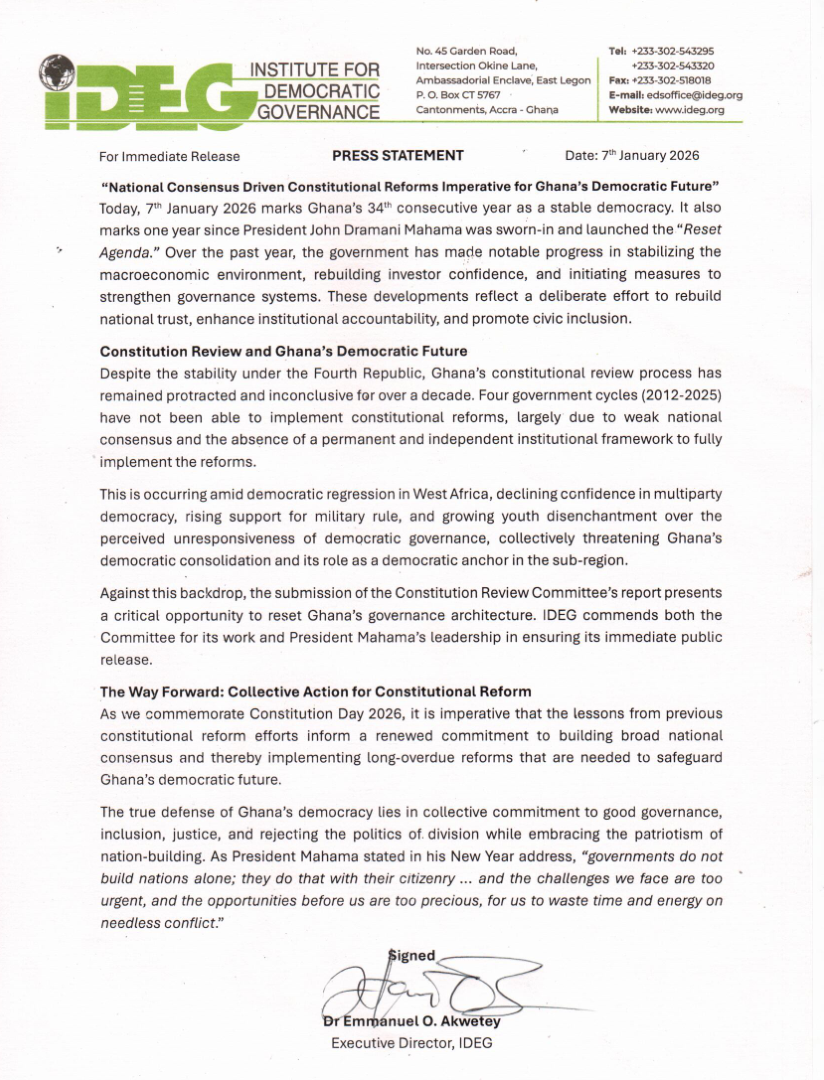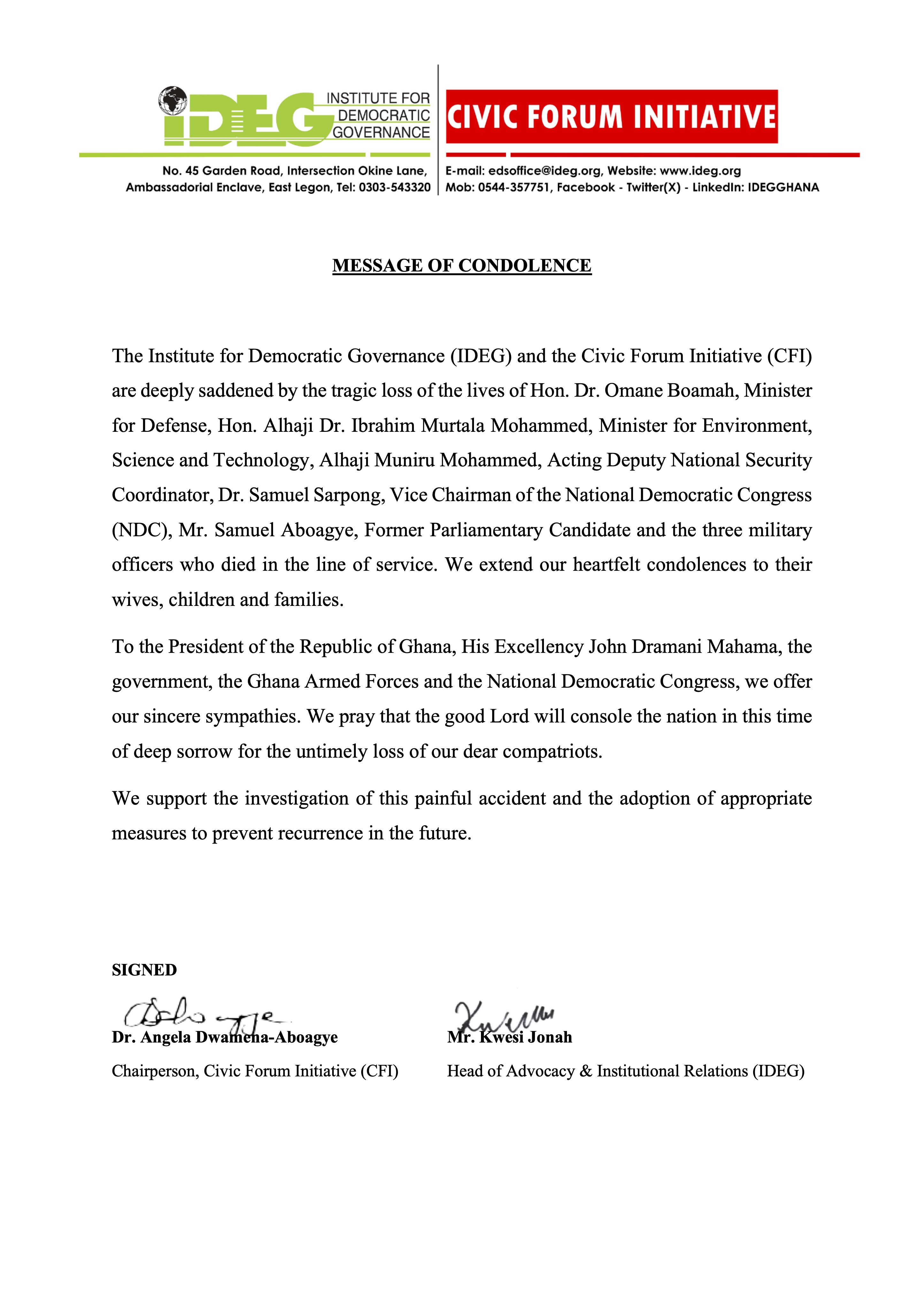RISKS OF STANDALONE AMENDMENT OF ARTICLE 243(1)
In the euphoria of the transition from the military regime to democratic and institutional arrangement in 1992, little attention was paid to the fact that the Fourth Republic was not a fully liberal democratic multiparty system of government but rather a hybrid executive system of government. Whilst political parties are allowed to contest national elections, they are prohibited from doing same at the local level as stipulated in Article 55(3). Consequently, elections to local and district assemblies are contested by individuals but not the political parties. Similarly, the positions of the chief executives or mayors at the local levels are appointed by the President in accordance with Article 243(1).
After 29 years of operating this hybrid regime, its development dividends and impact on the quality of democracy have not been fully realized. It has overwhelmingly empowered the central government to control local government. The introduction of mechanisms which were intended to mitigate the full control of the central government over the local government such as the appointment of one-third of the assemblies (Article 242 (D)) to represent diversity, competence and inclusiveness in the assembly has also not been complied with. The decentralization of the administrative machinery and the financial resources of the central government to the district have also been ineffective.




